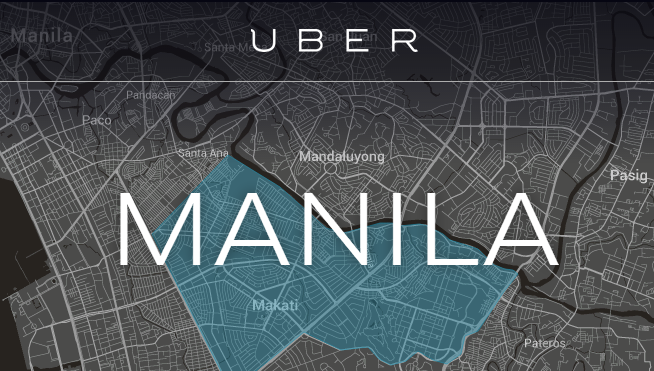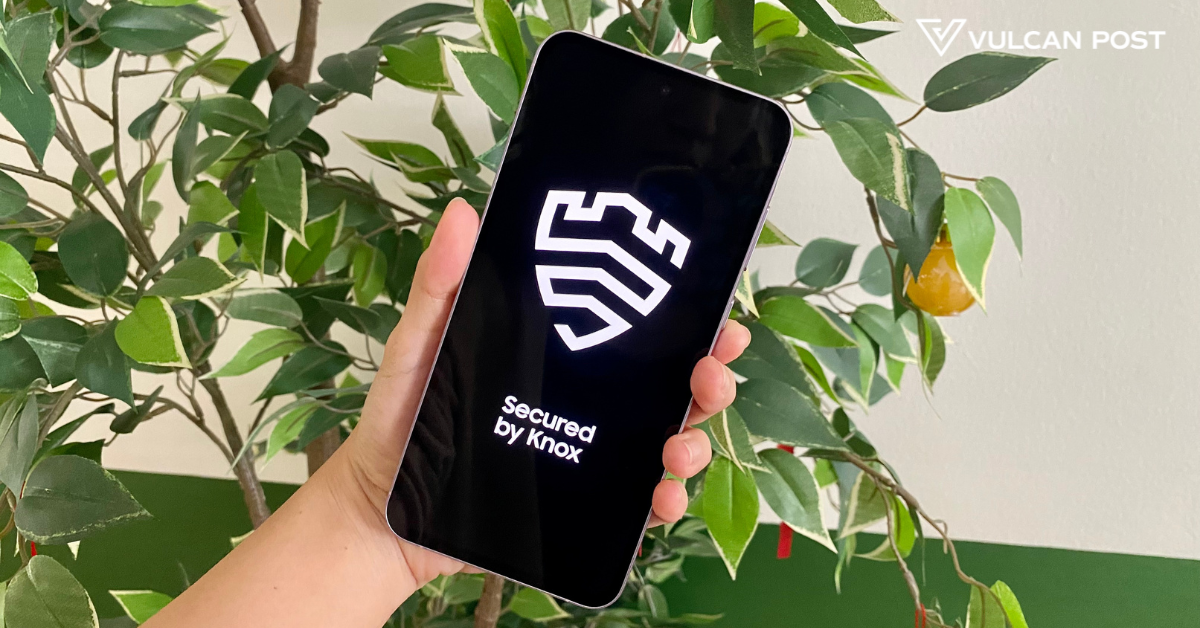It has finally happened!
After months of waiting for an official complaint, the Land Transportation Franchising and Regulatory Board (LTFRB) of the Philippines can now issue a show-cause order to Uber. In other words, the LTFRB can summon Uber to respond to any filed complaint.
The complainant is the Philippine National Taxi Operators Association and the charge is Uber’s “colorum” operations. Colorum vehicles are private vehicles that operate as public utility vehicles with no registered franchise from the LTFRB. No less than LTFRB chairman Winston Ginez himself announced the news on Wednesday, August 13, 2014, according to InterAksyon.

LTRFB: Uber, You’re a Public Service Company and What You’re Doing is Illegal!
Ever since news of Uber launching its operations in the country circulated in the media, the LTRFB has been vocal about its opinion about the company as well as similar apps like Tripid. The government agency believes these companies are in violation of Philippine law. The LTFRB classifies Uber as a public service company that should secure a franchise prior to beginning operations (which Uber didn’t do because see below).
“What they are doing is a criminal violation of public service law.” -LTFRB chairman Winston Ginez
Ginez previously stated that Uber was violating the country’s public service law. The Public Service Law, or the Commonwealth Act No. 146, states that public utility vehicles like taxis have to secure a franchise from the regulatory board.

So, Is Uber Really Doing Something Illegal? Here’s What Analysts Say
However, analysts believe the present laws are too outdated and are not fit or able to deal with rapid technology. Atty. Mel Sta. Maria, who is a resident legal analyst of TV5, previously told InterAksyon that the situation of Uber and Tripid is a classic case of technology being “just way way ahead of present laws.” Atty. Sta. Maria added that when the Philippines’ present land transportation law was created, this kind of scenario was not even contemplated.
Aslo read: Google-backed Luxury Private Chauffeur App Uber Rides Into Jakarta
Another lawyer, Atty. JJ Disini, who specializes in IT cases, seems to view Uber’s case as a doubled-edged sword:
“In a sense, they are just creating efficiency in the system by providing an information platform.
But it may become problematic for them if they deal with individuals without any franchise as they may be enabling somebody to violate the public service law. It becomes like a colorum vehicle.”

Legal Complaints and Uber’s Response
This is not the first time that Uber has faced complaints questioning the legality of its operations though. Similar lawsuits from taxi operators and other concerned parties have been filed in Australia, Canada, Germany, the UK, and the US.
However, Uber, which is currently operating in the Makati and Ortigas corridor in the Philippines, has firmly said before that it is not a public utility company. Rather, it views itself as a technology company which merely provides the platform for both riders and drivers.
Also read: JPark’s Cebu Travel Guide is the ‘Swiss Knife of All Travel Guides‘








